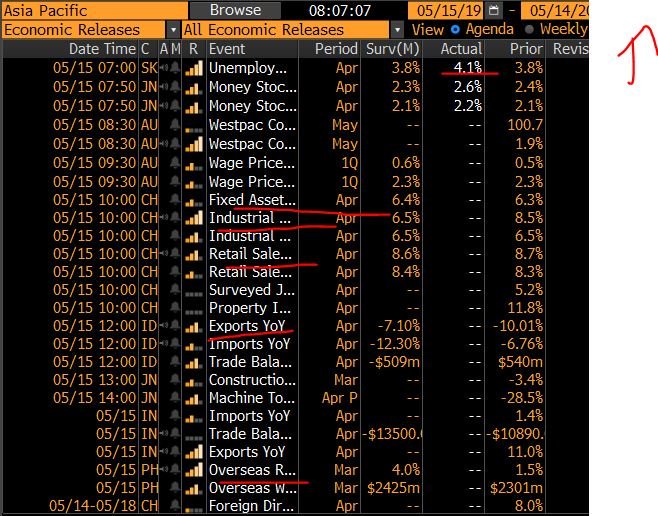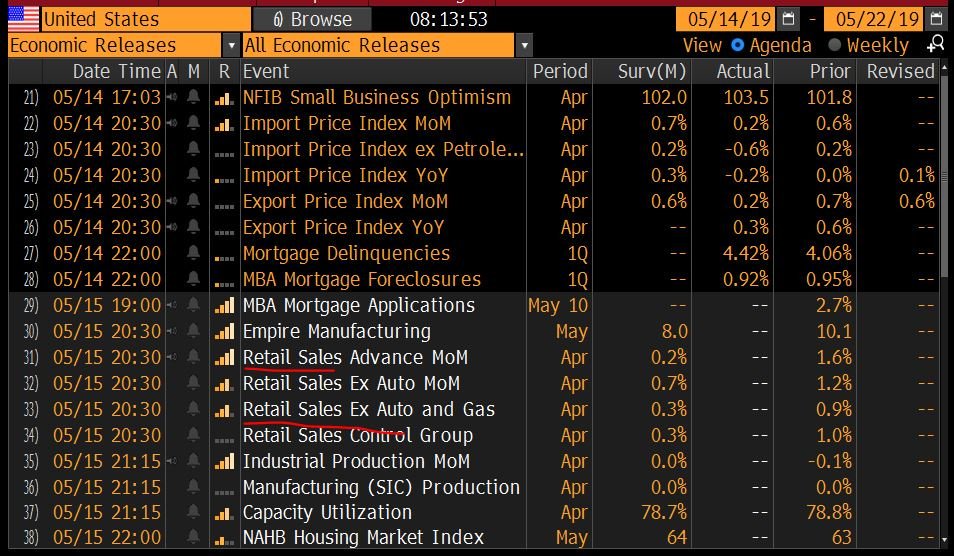I do think that when so many use mental illness as a scapegoat for violence, we have a tendency to shut down discussions b/c of clear bad faith. However, that prevents us from having honest good faith discussions.
A mental illness should have a clear set of criteria for a specific condition. It's not a catch-all for all acts of deviance or horribleness.
Just as if you're ill, it doesn't mean you're doing something "bad".
We know suicide is linked to many different mental illnesses. Depression, Anxiety, Psychosis, Alcohol Use.
However, many if not most suicides are NOT directly due to a mental illness.
An environment can greatly increase the likelihood of a behaviour, like suicide.
In the case of mass shooters, even that link doesn't clearly exist.
There's no disorder where "wanting to shoot a mass number of random people" is a diagnositc symptom or behaviour.
Not "I took a gun to a well populated area".
What should we do about it? What CAN we do about it?
It's not predominantly driven by mental illness. Even if it was, there's no evidence of good treatment options.
We'd reduce access to the most lethal means. Same as we do with individuals with severe thoughts of suicide.
I have opinions on terror & white supremacy, obviously, but this thread is based on what I specialize in. That's not my specialty.
First, don't chalk this all up to mental illness. Even if some of these individuals ALSO have a mental illness, it's not the explanation for their actions.
Step 1 is reduce access to lethal means.
Step 2 is everything else.
Step 1 won't solve everything. But the entirely of Step 2 is meaningless without the 1st.







